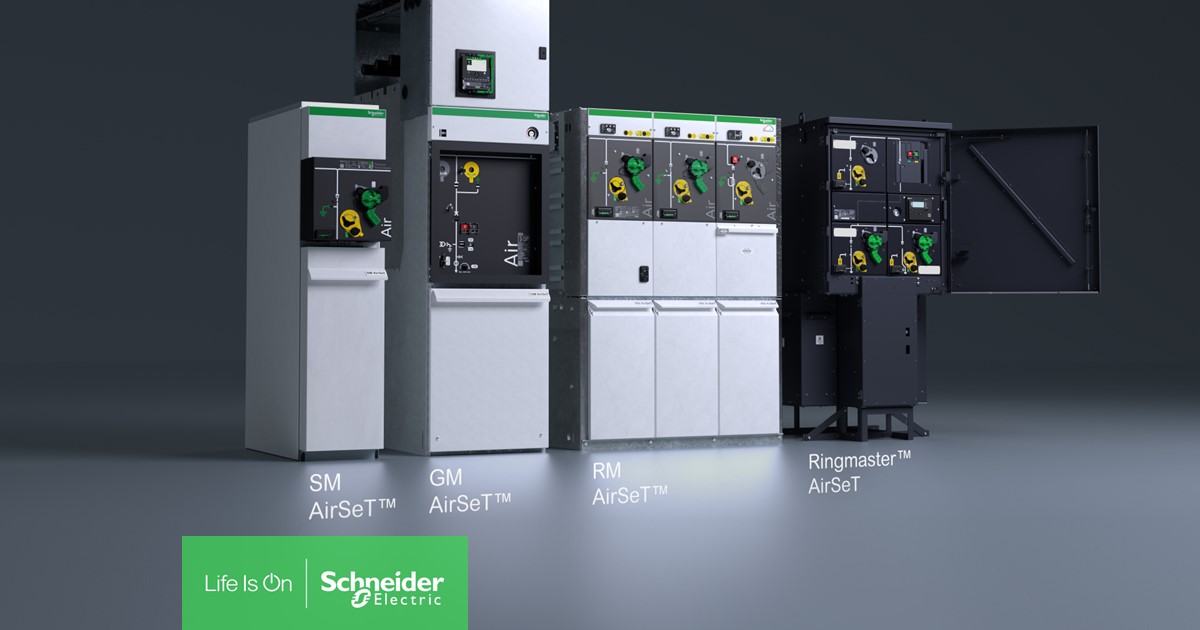Written By: Faith Jemosop
South Africa’s economic recovery, sustainability, and infrastructure development, the African Development Bank (AfDB) has approved a $474.6 million loan under the second phase of the country’s Infrastructure Acceleration Programme. This funding is geared toward improving infrastructure governance, enhancing the enabling environment for private sector participation, and driving the country’s green growth transition in alignment with its Just Energy Transition goals.
The loan, which is part of the second tranche of the Infrastructure Governance Support Programme for South Africa (IGSP-SA), follows a similar $300 million facility approved in 2022. The newly approved funding expands on previous commitments by embedding climate-resilient reforms, strengthening public investment management, and enabling energy sector reforms that address South Africa’s long-standing power crisis.
Reform, Green Growth, and Private Sector Enablement
According to AfDB officials, the main objective of this loan is to enhance South Africa’s capacity to plan, finance, and implement infrastructure projects efficiently and sustainably. It also aims to stimulate private sector participation in infrastructure, reduce regulatory bottlenecks, and fast-track climate-adaptive infrastructure delivery across key sectors including energy, water, transport, and digital technologies.
The support is part of a broader macroeconomic reform strategy driven by the South African government to promote fiscal consolidation, improve service delivery, and attract investment, especially in green technologies.
“This loan is timely as it reinforces South Africa’s ongoing efforts to stabilize its economy, fix the power supply crisis, and unlock green infrastructure investment,” said Leila Mokaddem, AfDB’s Director General for Southern Africa.
Power Crisis and the Just Transition
A significant portion of the loan will directly support reforms in South Africa’s energy sector, particularly its transition from coal-based power to a more diversified renewable energy mix. With Eskom, the state power utility, facing operational, financial, and governance challenges that have led to years of rolling blackouts (load-shedding), the funding will support policy reforms to strengthen energy security and grid reliability.
The loan supports South Africa’s broader Just Energy Transition Partnership (JETP), a $8.5 billion initiative funded by multiple international partners aimed at helping the country move away from coal while safeguarding vulnerable communities dependent on fossil fuel employment.
The AfDB’s funding is expected to bolster reforms including:
- Decentralizing power generation through Independent Power Producers (IPPs)
- Modernizing electricity transmission infrastructure
- Enhancing regulatory clarity and investor confidence in the renewables sector
- Expanding grid access to under-served communities
Also read: KETRACO Begins Power Transmission from Ethiopia to Tanzania via Kenya
These reforms are intended to stimulate renewable energy investments, especially in wind, solar, and battery storage, and improve energy efficiency across industries.
Strengthening Infrastructure Governance
Beyond energy, the loan will also fund strategic reforms in infrastructure governance to increase transparency, reduce procurement inefficiencies, and ensure better value for money in public infrastructure delivery.
A key part of this effort includes strengthening the newly established Infrastructure South Africa (ISA), which is tasked with coordinating infrastructure planning and delivery at a national scale. By boosting ISA’s institutional capacity, the loan aims to improve project preparation, appraisal, and execution, making South Africa more attractive to domestic and international investors.
public-private partnerships (PPPs) will be a central part of the strategy. AfDB’s support will help refine PPP regulations, unlock long-delayed projects, and deepen the project pipeline in sectors like transport (rail and roads), water, and digital connectivity.
Climate Resilience and Sustainability Goals
This funding is strongly aligned with South Africa’s climate change commitments under its Nationally Determined Contributions (NDCs). It promotes a green recovery agenda that integrates climate risk assessments in infrastructure development and accelerates the roll-out of clean technologies.
Some climate-related outcomes expected from the program include:
- Improved capacity of government agencies to integrate climate risk into infrastructure planning
- Expansion of low-carbon and climate-resilient projects
- Strengthening of monitoring systems to track emission reductions and green finance impacts
- Support for the Water and Sanitation Master Plan, which focuses on climate-resilient water services and infrastructure delivery
The AfDB loan also complements existing support from multilateral institutions, such as the World Bank and International Monetary Fund, particularly in advancing climate-smart infrastructure finance and resilience-building efforts.
Economic Impact and Job Creation
In addition to environmental goals, the Infrastructure Governance Support Programme is expected to deliver significant socioeconomic benefits. By enabling faster infrastructure rollout, the program is projected to boost short-term job creation, enhance long-term productivity, and help reduce spatial inequality across provinces.
The South African government estimates that improved infrastructure governance and increased investment efficiency could generate thousands of construction and maintenance jobs, especially in underdeveloped regions affected by historical underinvestment.
Furthermore, by reducing energy and logistics costs for businesses, the program is anticipated to improve industrial competitiveness and support the reindustrialization of key sectors like manufacturing and agribusiness.
AfDB’s Broader Role in South Africa
With this approval, the African Development Bank has now provided over $1.3 billion in budget and programmatic support to South Africa since 2020, addressing critical gaps in energy, health, climate resilience, and infrastructure financing.
The Bank has also supported initiatives such as:
- The COVID-19 Response Support Program
- The Municipal Infrastructure Investment Framework
- The Eskom Transmission Development Plan (TDP)
These investments collectively aim to support South Africa’s development goals under the National Development Plan (NDP) and its post-COVID Economic Reconstruction and Recovery Plan.
Also read: Kenya Allocates Sh4.3 Billion to Replace Faulty Transformers Amid Nationwide Blackout Crisis
As South Africa faces persistent economic challenges, ranging from high unemployment to energy insecurity, the AfDB loan offers a critical fiscal buffer and a reform-driven development roadmap. Its success, however, will depend on political will, institutional coordination, and transparent execution of the reforms it supports.
Experts warn that unless governance capacity is strengthened at national and municipal levels, implementation delays and mismanagement could limit the program’s effectiveness. Nonetheless, AfDB’s funding represents a crucial step forward in catalysing South Africa’s transition toward a resilient, inclusive, and low-carbon growth model.



